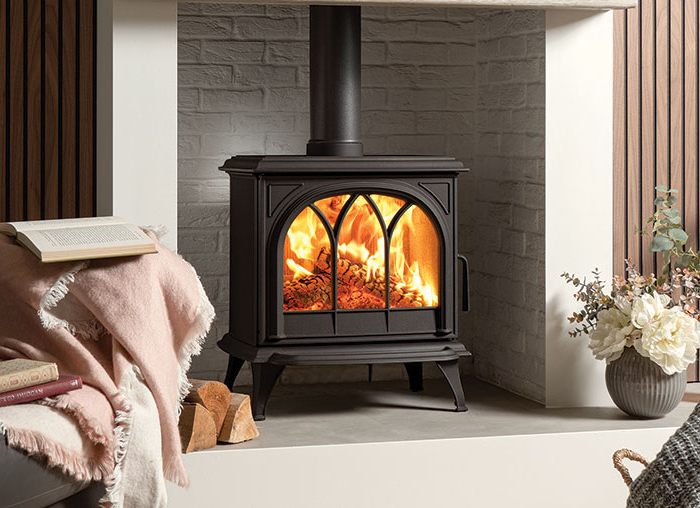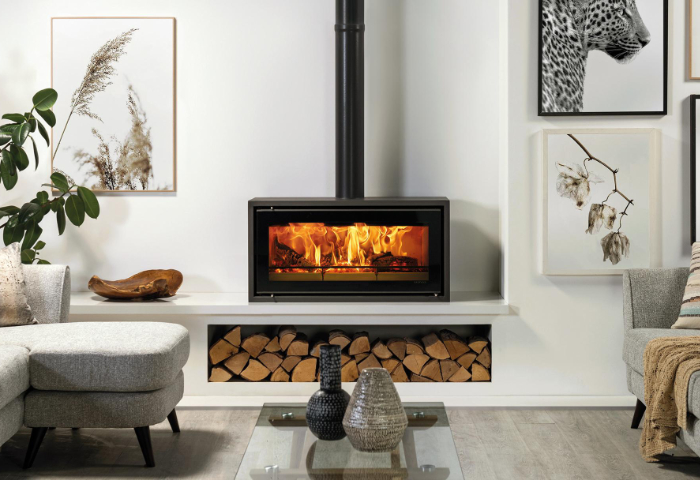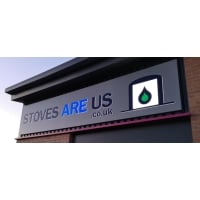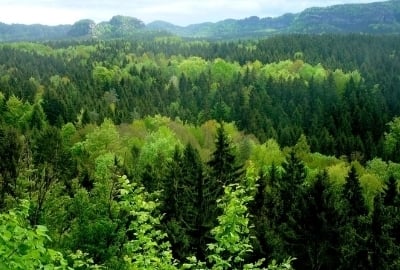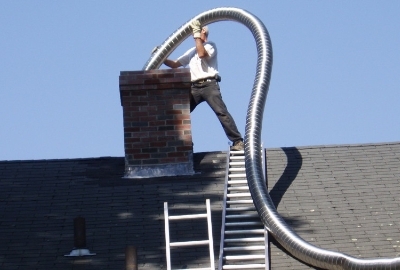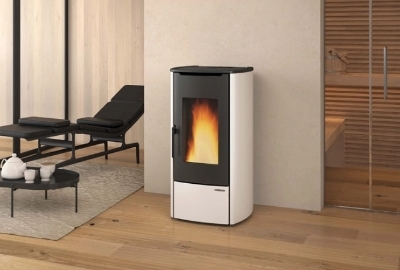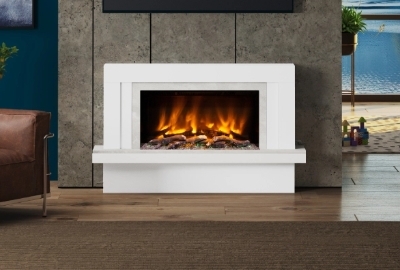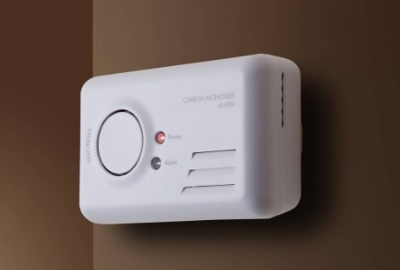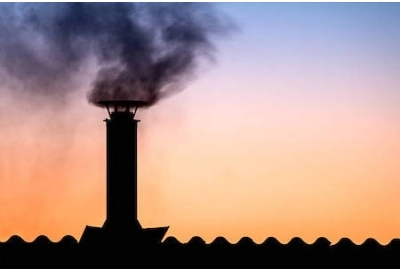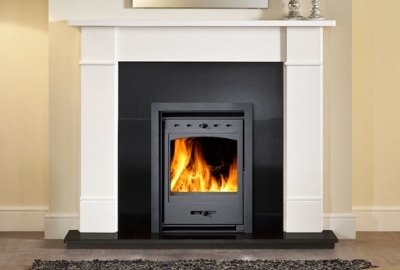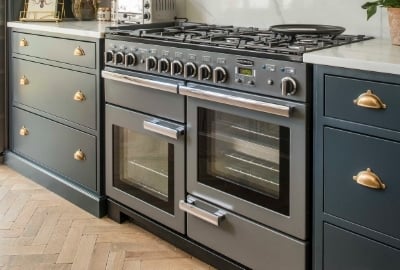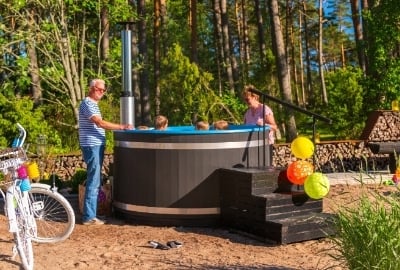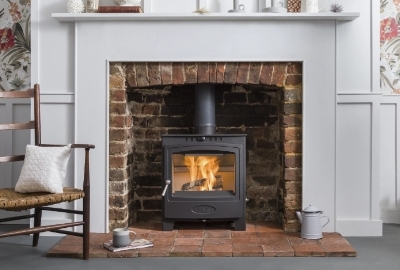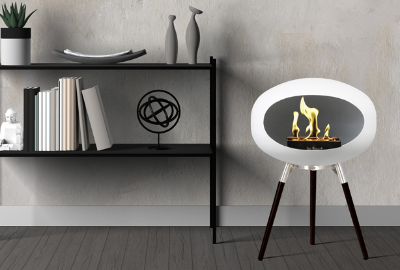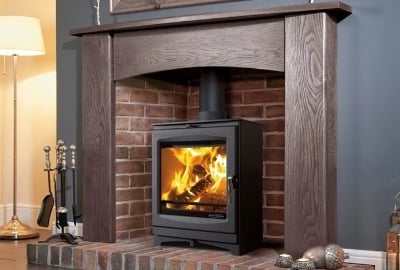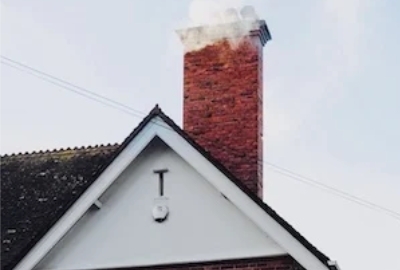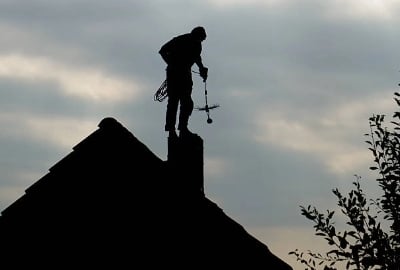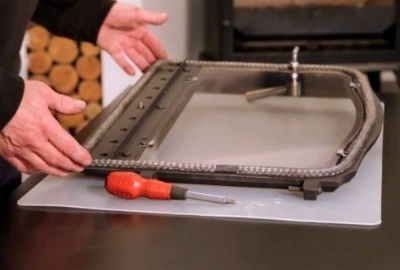If you’re reading this news for the first time it may come as a bit of a shock to hear that the Scottish Government’s updated building regulations mean new buildings won’t be allowed to use a wood burner as their heat source. This statement comes with a caveat as you can apply for exemption. In this edit, we’ll explain all the new rules and why the news has provoked outrage, as lots of rural Scottish homes that are not connected to the gas grid rely heavily on heat sources such as pellet stoves and wood burners.
Contents
The rules only apply to new buildings
What are the exemptions to the NBHS?
Do we agree with the new rules?
Why is the NBHS being introduced?
What other heating options are there?
Are wood burners being banned in Scotland?
Thankfully this new legislation in Scotland only applies to newly built homes and some conversions so wood burners are not being banned and they’re still viable options for most homeowners in Scotland. Any direct emission heater including gas and oil boilers and bioenergy where heat is generated from fuel such as wood or pellets are no longer available to new build homes not existing properties.
This new standard applies to new buildings only and starts on the 1st of April 2024. This means it will not apply to all newly completed buildings after this date, because many of them will have been in development and construction before this new law was published.
What are the exemptions to the NBHS?
The New Build Heat Standard in Scotland has a couple of exemptions we’ve listed as per the guidance from the Scottish Government below. If you’re thinking about installing a log burner in a new build you’d do well to do your homework on these points and what is considered to be an emergency backup use heater.
- alterations to, or extension of, a pre-2024 building
- emergency heating – a direct emission heating system could only be used when the heating or hot water service system normally used fails
- heating provided solely for the purpose of frost protection, for example, heating to stop water pipes from bursting in cold weather or damage to equipment in commercial buildings.
Wood-burning stoves and other heating systems can still be installed in new homes in Scotland to provide emergency heating, where a need can be justified.
Do we agree with the new rules?
We supply lots of wood burners and multi-fuel stoves to our friends in Scotland and when we first heard this news we were concerned for many consumers especially those who live off-grid or in Highland areas who use a wood burner to heat their homes. In a time when energy prices are at their peak, it seems like an odd move by the Scottish Government and we feel needs more conversation.
Using a heat pump to warm your home is undoubtedly an efficient option albeit expensive, but using a log burner to supplement this system makes a lot of sense! Highlanders who heat their homes using electricity can experience power cuts so installing a log burner that doesn’t rely on the grid seems like a logical thing to do. The big question we’d like to put forward is in times when there is no electricity supply just how are consumers expected to keep warm in their homes?
Why is the NBHS being introduced?
Heating Scotland’s homes and buildings is a contributor to carbon emissions. The NBHS is designed to help new buildings become more energy efficient. People who buy new homes will hopefully feel that the building is future-proofed against the need to switch heating systems in the future.
What other heating options are there?
Many new build homes will be built without chimneys so it's time to look at other heat sources. Lots of new buildings will need to use alternatives such as heat pumps but if you’re looking for a simple room heater then a media wall electric fireplace could be a good option. Bioethanol fires are also a good heating option they’re especially useful if you want to heat multiple rooms because they’re portable and can be moved around the house to heat the room you’re spending time in.
We hope you’ve found our article useful, the main take away is that wood burners in Scotland are not being banned in general. Current log burners can remain in place, and existing homes can still have a cosy wood burner installed.


